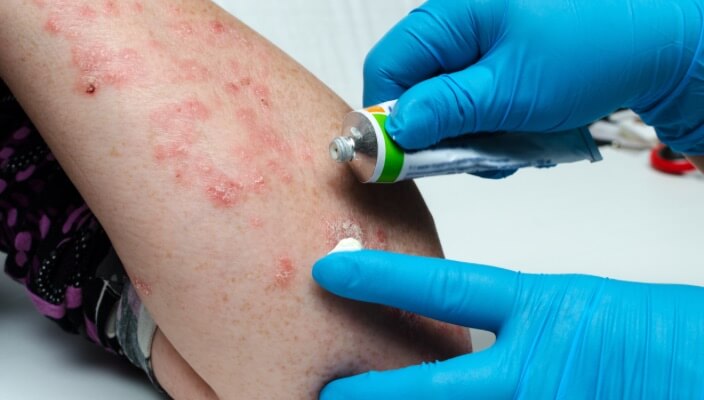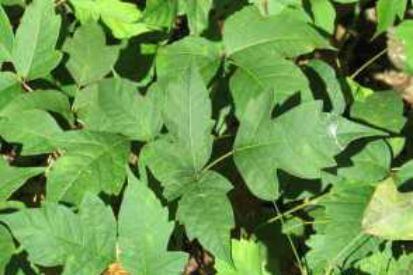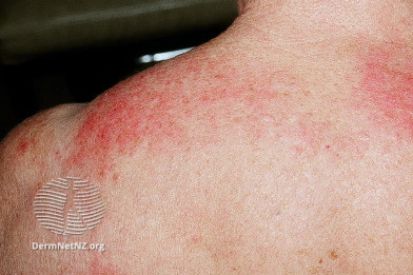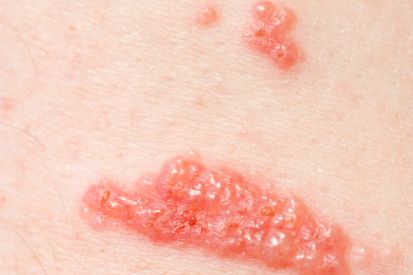Preventing Poison Ivy Rash: Dermatologist Tips for Outdoor Enthusiasts
6 Dermatologist Tips for Preventing Poison Ivy Rash
 Living as an outdoor enthusiast is one of the most rewarding ways to explore the world around you and fully appreciate all that nature has to offer. Whether you're hiking through picturesque trails, climbing rugged mountains, or fishing in serene waters, it's essential to take proactive measures to protect yourself from poison ivy rashes.
Living as an outdoor enthusiast is one of the most rewarding ways to explore the world around you and fully appreciate all that nature has to offer. Whether you're hiking through picturesque trails, climbing rugged mountains, or fishing in serene waters, it's essential to take proactive measures to protect yourself from poison ivy rashes.By following a few key tips, you can minimize your risk of coming into contact with this pesky plant and ensure your adventures remain enjoyable and rash-free.
Poison Ivy Examples



Tip 1: Do Your Research
Tip 2: Prepare for Potential Allergic Reactions
Tip 3: Tip 3: Identifying the Poison Ivy Plant
Knowledge is your best defense against poison ivy. By learning to identify the plant, you can avoid accidental contact. Here are some key characteristics to help you recognize poison ivy:
Clusters of Three: Poison ivy typically has clusters of three leaflets. Remembering "leaves of three, let it be" can be a helpful mantra.
Growth Habits: Poison ivy can grow as a shrub, on climbing vines, or along the ground, depending on the region and environment.
Seasonal Color Changes: In summer, poison ivy is green. In fall, its leaves turn orange, red, and yellow. During spring, the plant often appears red. Regardless of the season, the plant's poisonous oil, urushiol, remains active year-round.
Additionally, compare poison ivy with other poisonous plants like sumac and poison oak. Understanding the differences between these plants will aid in quick identification and prevention of rashes.
Tip 4: The Importance of Proper Gear
Wearing the right gear is essential for protecting yourself from poison ivy. Whether you're an avid hiker or exploring a new trail, proper clothing and equipment are a must:
Protective Clothing: Wear long pants and sleeves to minimize skin exposure.
Footwear and Gloves: Invest in sturdy outdoor boots and protective gloves designed for outdoor activities.
Barrier Creams: Consider applying over-the-counter barrier creams containing bentoquatam. These creams provide an additional layer of protection by preventing urushiol from irritating your skin.
Tip 5: Take Immediate Action
If you suspect you've come into contact with poison ivy, taking prompt action can prevent a full-blown rash. Wash the affected area with soap and water as soon as possible. Over-the-counter creams and antihistamines can help manage mild reactions, but if symptoms persist or worsen, seek professional medical advice.
Tip 6: When To See A Dermatologist?
Even with the best precautions, poison ivy rashes can occur. If you experience a severe reaction or if the rash covers a large area of your body, it’s important to consult a dermatologist. Dermatologists can provide targeted treatments to alleviate symptoms and speed up recovery.
Enjoying the Great Outdoors Safely
Protecting yourself from poison ivy is crucial for ensuring a lifetime of successful and enjoyable adventures in nature. By knowing what to look for and taking proactive steps to prevent exposure, you can focus on the beauty and excitement of the great outdoors without the discomfort of a poison ivy rash.
Don’t let poison ivy spoil your outdoor adventures. If you have any concerns about skin reactions or need personalized advice, schedule an appointment with our dermatologists today. Our team is dedicated to keeping your skin healthy and ensuring you enjoy every moment in nature without worry.
Featured Products
Check your local office for current stock!
Check your local office for current stock!
Featured Blogs

- Skin Cancer
- General Dermatology
- Skin Exams
Your skin is your largest organ and its first line of defense. Learn more about why a skin exam should be a part of your wellness routine.
Read More
- Skin Cancer
- Sun Safety
The sun's ultraviolet (UV) radiation poses a significant risk. Discover ways to protect you and your loved ones from the sun and keep your skin healthy all year long.
Read More
- General Dermatology
- Sun Safety
- Chronic Skin Conditions
Debunking myths about actinic keratosis: Learn the truth about the causes, treatments, and prevention of this common sun-related skin condition.
Read More


